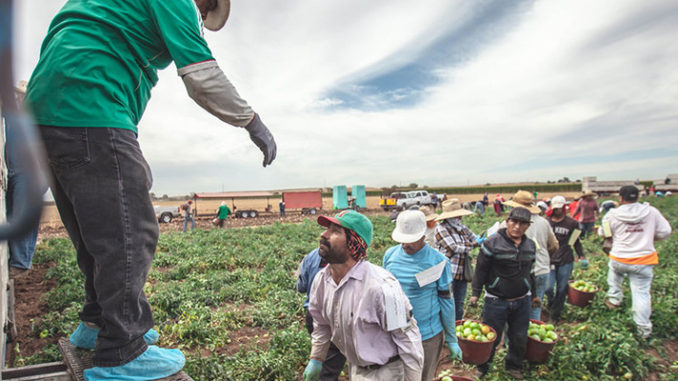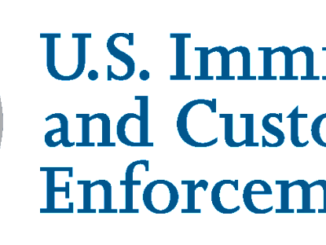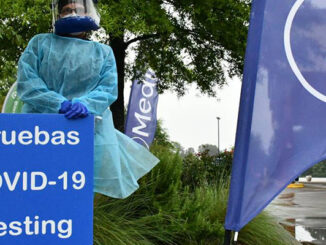
by Laura Collins
Medical professionals, first responders, grocery clerks and many others are showing their courage as they battle COVID-19 and risk their lives on our behalf.
The nation has rallied around their heroism by gathering on balconies and applauding these men and women, sharing Instagram stories with the sticker #ThanksHealthHeroes, and creating video montages of the bravery seen during this pandemic. What many Americans may not realize is that so many of these fearless individuals are immigrants.
In fact, 17 percent of the U.S. workforce is made up of immigrants. This percentage is disproportionately represented in the very workers most essential in the U.S. right now.
Thirty percent of physicians in the U.S. are foreign-born, and more than 15 percent of registered nurses are also immigrants. Additionally, of the immigrant health care workforce 27,000 are Deferred Action for Childhood Arrivals, or DACA, recipients.
These foreign-born men and women are being saluted by Americans with no regard to legal status. And as hospitals report shortages of medical professionals, medical staff providers are attempting to speed up the import of qualified foreign health care workers.
There is no denying immigrants are a key ingredient for the U.S. to defeat COVID-19 and, eventually, recover from the economic damage.
Coronavirus has also elevated the public’s awareness of grocery store stockers and clerks, delivery drivers, truck drivers, agricultural workers, meat plant workers and other personnel providing essential services. In these professions, too, immigrants tend to be overrepresented — nearly 17 percent of grocery store workers, 18 percent of food delivery drivers and 19 percent of truck drivers are foreign-born.
Additionally, nearly a third of meat processing plant workers are foreign-born, and many of the men and women working in these plants are refugees.
As the recent outbreaks in pork processing plants in South Dakota, Minnesota and Iowa show, these workers are paying a price to feed America. They are part of the fabric of our great nation.
More than 70 percent of farmworkers are undocumented. But now, they carry letters from the Department of Homeland Security certifying them as essential workers. Ironically, these letters protecting their ability to work are from the very agency that seeks to find and deport them every day. This also speaks to the broader need for reform of our immigration system.
It is hard to understand why the current administration temporarily suspended some immigration through an executive order. While the executive order has several exemptions, its philosophical underpinnings are flawed.
There is no denying the economy is devastated, unemployment claims are continuing to soar, and small businesses are closing. Immigration skeptics are asking why we should continue to import immigrant labor when so many Americans are out of work.
They present a false choice.
Immigrants and the native-born will not compete with each other for opportunities in the post-pandemic economic recovery. We need immigrants to help start new businesses, jump-starting entrepreneurship when many others will be too scared to risk opening a business again.
We cannot allow this temporary change in immigration policy to become permanent. We should not allow it to guide future immigration policy reform.
Immigrants and native-born Americans have always been on the same team, driving American innovation and economic growth. While this crisis has required different sacrifices, we will have success following the same formula — working together. When America is recovered, we must continue applauding our heroes without discriminating against their origins. We must continue the bond forged during this pandemic. And we must fix our broken immigration system and push for comprehensive immigration reform. Because together we, immigrants and native-born Americans, can restore the United States.
For these reasons, the George W. Bush Institute is a founding endorser of the #AllOfUs campaign.
.
Laura Collins is the director of the George W. Bush Institute-SMU Economic Growth Initiative.



